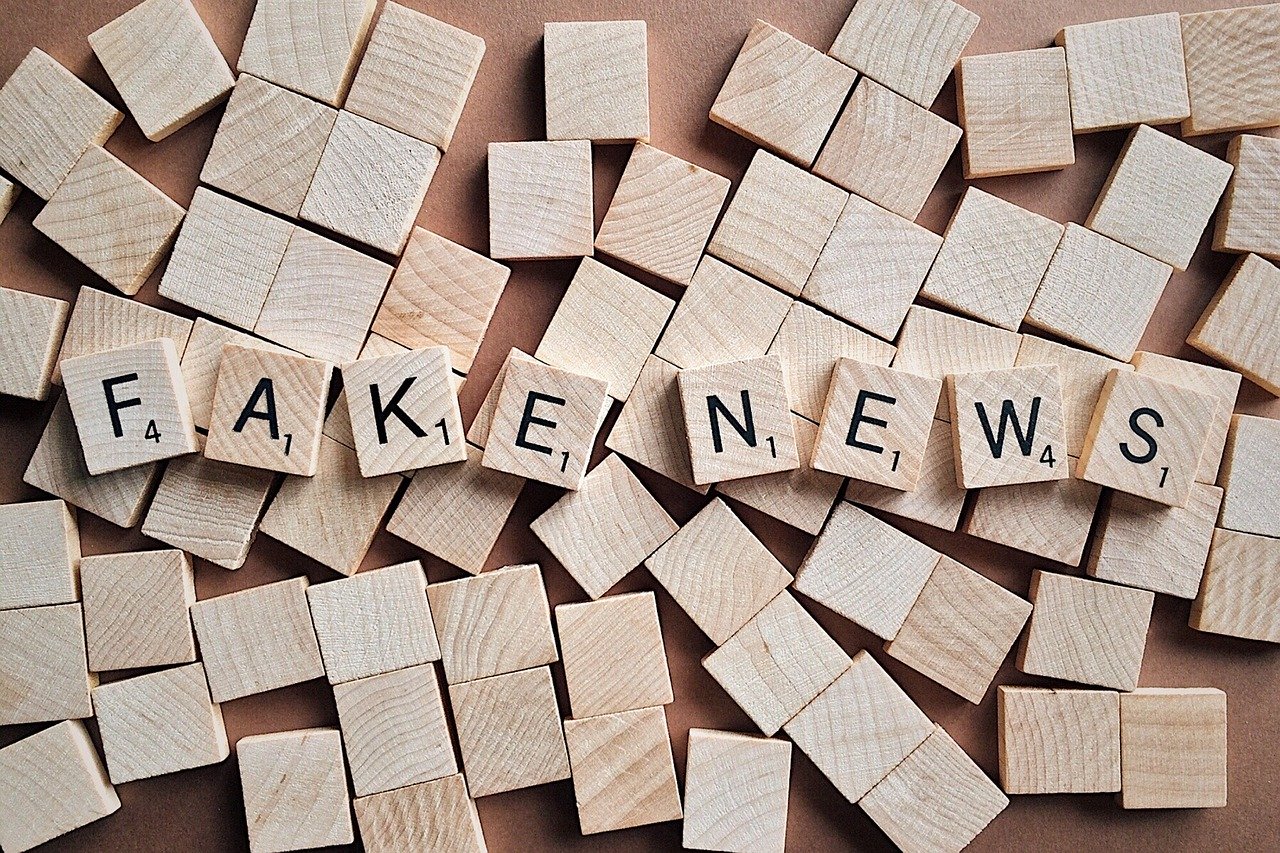Three in four people think society in their country is divided. According to the BBC Global Survey ‘A World Divided’, the majority think their country is now more divided than it was 10 years ago, particularly in Europe and particularly with regards to political views, income inequality, immigration and religion.
But there are many things which divide our society, from veganism and the environmental effects of plant-based milk production, all the way to whether we hear Yanny or Laurel. Society just can’t seem to agree. It’s possible that we can partly explain the rising polarisation which is permeating the world through confirmation bias.
What is confirmation bias? Confirmation bias is the tendency to interpret new information as confirmation of one’s existing beliefs or theories and the tendency to ‘ignore’ data which does not conform to one’s beliefs. The bias has been studied extensively in academic literature, with a 1979 paper by Stanford University scholars finding that the beliefs we hold affect how we process and assimilate new information.
The study explored perceptions around capital punishment and its ability to deter crime. Participants rated studies which conformed with their original beliefs as more methodologically rigorous whilst rating studies which took the opposite stance as inferior. The study found that having read both articles, subjects felt even more strongly about their original beliefs than before.
Our inherent bias to interpret new information based on opinions we already have may help to explain increasing divisions in society.
Access to the news and to social media platforms is now at our finger tips. Political scandal? Your BBC app will inform you in seconds. A scroll through Twitter during the election? Several million peoples’ opinions there for you to read. With access to such a wide range of data, one might expect that society would become less divided and achieve more balanced opinions.
However, it might be that we only interpret new evidence as confirmation of our own existing beliefs as opposed to absorbing everything we read as equally valuable. For example, give a Labour supporter an article about a Conservative party policy which increases equality, will they read it at face value and update their beliefs accordingly?
According to confirmation bias, they will read it and absorb little from it, deeming it inaccurate. And the bias doesn’t stop there.
In 1996, MIT researchers warned that, “Individuals empowered to screen out material that does not conform to their existing preferences may form virtual cliques, insulate themselves from opposing points of view, and reinforce their biases”.
It can extend to our social circles and our social media feeds, further fuelling the polarisation. According to David Robert Grimes, as we consume news through social media, we trigger algorithms that then shape our feeds for the future. A simple follow of a Labour party leader could see your feed transformed into a haven of pro-Labour news, leading to a lack of accuracy and balance. This phenomenon is even more concerning considering the existence of fake news. For example, social media has allowed the climate change denial discourse to thrive and grow. Not only do our social medias act to confirm our current beliefs rather than challenge us, we also have tendencies to choose friends whose beliefs match our own.
Can we overcome confirmation bias?
Yes and no. Whilst there will always be some inherent bias, there are things we can do to reduce our bias. According to the Cognitive Bias Podcast, one way we can overcome this is by continually questioning our beliefs and challenging ourselves to try to understand the opposite stance.
For example, imagine I am a passionate supporter of a politician. It is important to step back and write down all the reasons why I should not support this politician. If, after this exercise, I still feel passionately supportive of the party, that’s perfectly acceptable. In no way am I suggesting you shouldn’t have an opinion. Follow leaders who may challenge your views and not simply those who will strengthen them.
Converse with people who support the opposing political party and take what they say at face value rather than deeming the information inaccurate. Be sure to challenge your opinions from time to time and don’t stay within the cosy remit of your own social media bubble.

